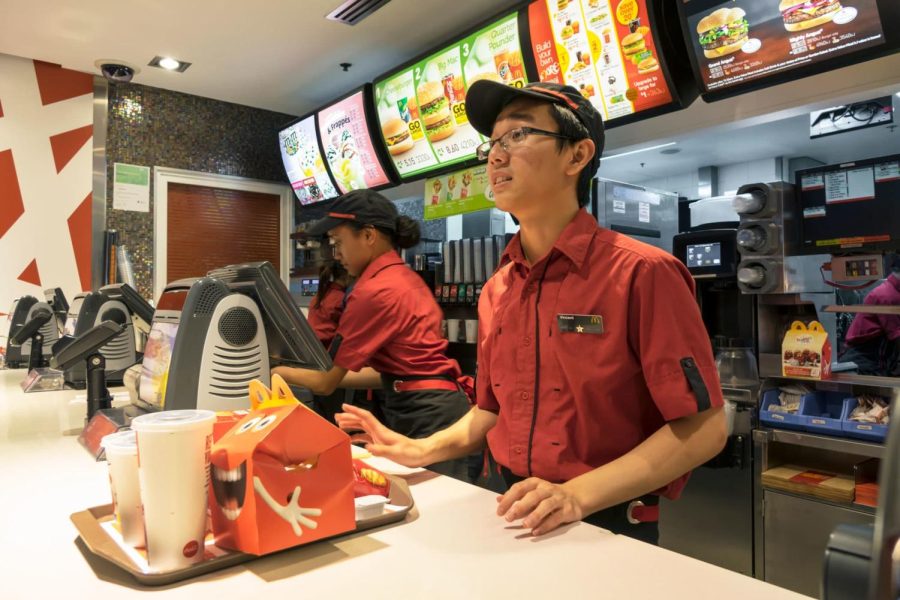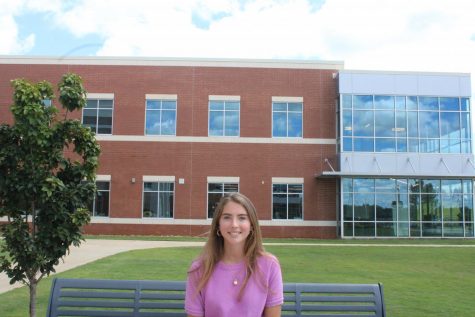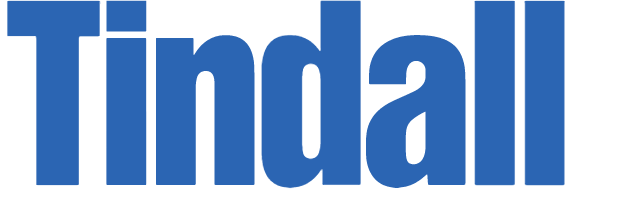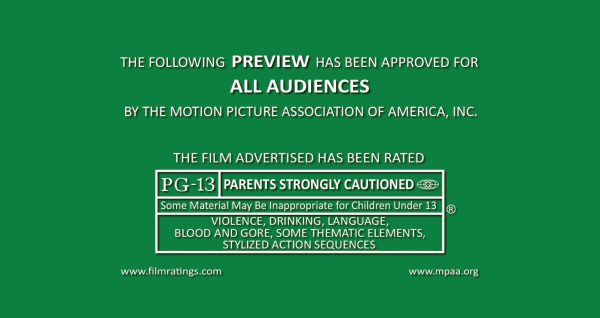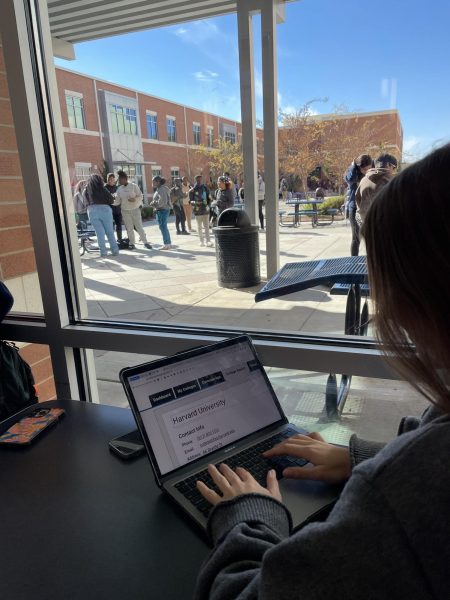Minimum Wage
Debates over the implementation of a higher federal hourly wage rate
Fast food restaurants are one of the most prominent places where minimum wage change is discussed.
March 11, 2022
The first federal minimum wage was introduced in 1938 in an attempt to lessen the unemployment effects of the Great Depression when the Fair Labor Standards Act was passed. As productivity grew, the pace of wage growth trailed behind and the minimum wage stopped rising with inflation.
At $7.25 an hour, America’s current minimum wage falls far below many nations of comparable development. According to forbes.com, nations such as Australia, France, Germany, Netherlands, United Kingdom, South Korea and Japan have higher hourly wages than America, whose federal minimum wage is more comparable to Israel and Turkey. Despite the United States’ relatively low hourly wages, according to the Los Angeles Times, 1.7 million workers across the U.S. are paid the federal minimum wage.
White House spokesperson Rosemary Boeglin has expressed the opinion of the current administration on increasing the minimum wage to $15.
“No American should work full time and live in poverty,” Boeglin said. “Research has shown that raising the minimum wage reduces poverty and has positive economic benefits for workers, their families, their communities and local businesses where they spend those additional dollars.”
While a nationwide increase in the federal minimum wage similar to the ones implemented in states such as California is urged by many, serious concerns about the long-term economic effects keep legislation from being passed. The Congressional Budget Office projected that an increase to a $15 minimum wage by 2025 could lead to an average of 1.4 million jobs lost, a fall in business revenues leading to a $9 billion drop in real income, and increases in the prices of goods and services across the economy.
Dr. George Reisman is one of many national experts in the field of economics who are discouraging an increase in the federal minimum wage. In a 2014 open letter to the U.S. Secretary of Labor, he expressed the major unemployment risks in this decision.
“Raising the minimum wage is a formula for causing unemployment among the least-skilled members of society,” Reisman said. “The higher wages are, the higher costs of production are. The higher costs of production are, the higher prices are. The higher prices are, the smaller are the quantities of goods and services demanded and the number of workers employed in producing them.”
Both supporters and adversaries of increasing the minimum wage argue that its negative effects will disproportionally hurt young, low-skilled workers and minority communities across the country. Kaitlyn Metz (12) has been a young, minimum wage hourly worker in the past and was discouraged by how little she was able to make despite her long hours.
“I worked at a local ice cream shop for minimum wage last summer but I had to start working higher-paying jobs like babysitting because I would work long hours and make very little,” Metz said. “I can’t imagine doing that as an adult and being able to get by or provide for a family.”




